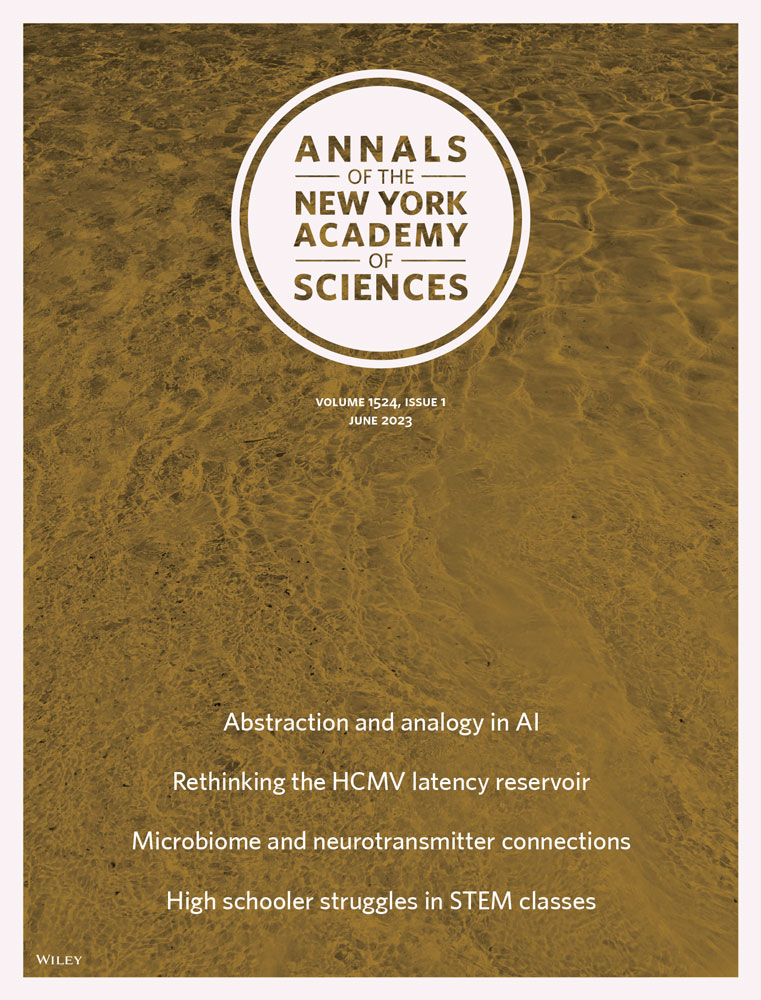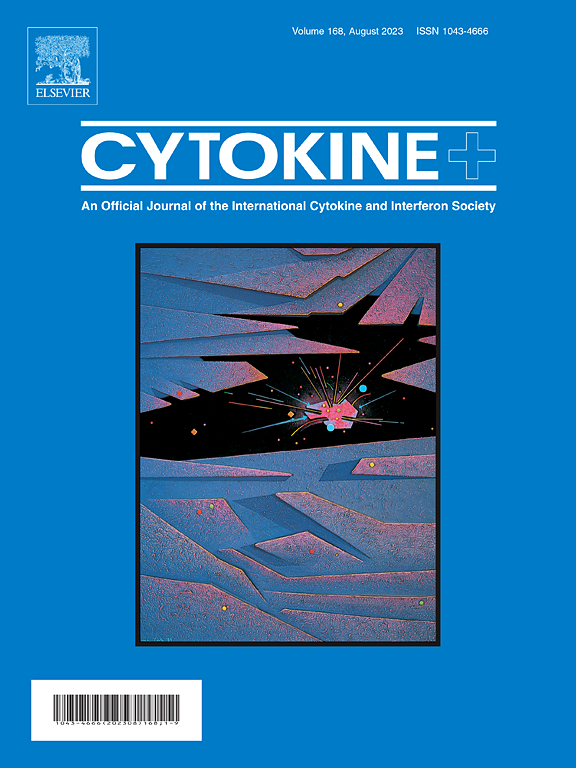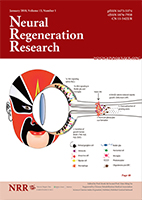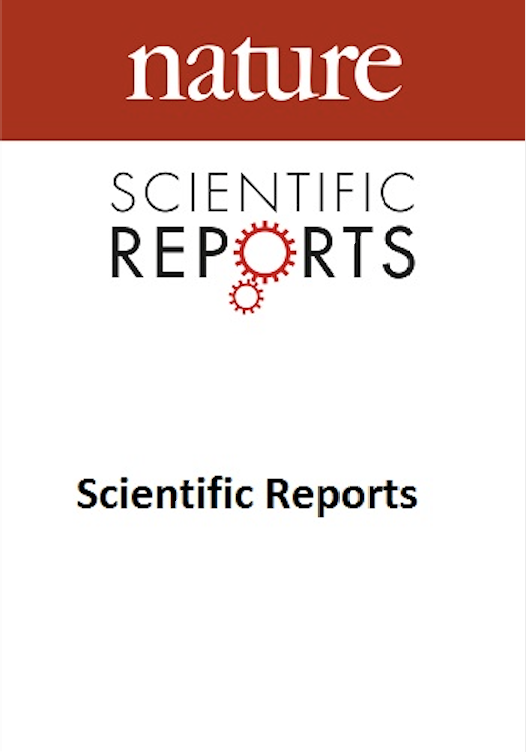Ischemia
How to submit an article:
- Registered users can submit any published journal article that has a unique DOI (Digital Object Identifier) name or link to Research Hub.
- For example, you can paste the full DOI link:
https://doi.org/10.1109/5.771073or just the DOI name:10.1109/5.771073into the field above and click submit. - The person who is first to submit a valid article to Research Hub will forever be credited for it, and every article submission earns you +6 Research Points.
Related Topics
Published research studies are articles that present the findings of original research that has undergone a peer-review process and has been made publicly available in scholarly journals, books or other media.

Resveratrol, a Component of Wine and Grapes, in the Prevention of Kidney Disease
2023 May Annals of the New York Academy of Sciences BERTELLI ALBERTOAE, MIGLIORI MASSIMILIANO, PANICHI VINCENZO, ORIGLIA NICOLA, FILIPPI CRISTINA, DAS DIPAKK, et al.
The present study confirms the protective effect of RSV pretreatment in I/R injury of rat kidney and suggests multiple mechanisms of action.
Animal Study Kidney Disease Chronic Kidney Disease
Astragalus propinquus schischkin and Salvia miltiorrhiza bunge promote angiogenesis to treat myocardial ischemia via Ang-1/Tie-2/FAK pathway
2023 Jan 09 Frontiers in Pharmacology Zhang MX, Huang XY, Song Y, Xu WL, Li YL, Li C
Astragalus propinquus Schischkin (Huang Qi) and Salvia miltiorrhiza Bunge (Dan Shen) (AS) can treat myocardial ischemia (MI) by protecting cardiac function, attenuating cardiac pathological changes, and hindering the progression of heart failure, which is related to angiogenesis after pericyte recruitment.
Network Pharmacology Huang Qi Dan Shen Myocardial ischemia (MI)
Preparation, In Vitro and In Vivo Evaluation of Nanoemulsion In Situ Gel for Transnasal Delivery of Traditional Chinese Medicine Volatile Oil from Ligusticum sinense Oliv.cv. Chaxiong
2022 Nov 07 Molecules Huang C, Wang C, Zhang W, Yang T, Xia M, Lei X, et al.
The results of pharmacodynamics experiments showed that the drugs could reduce the neurological deficit score of model rats, reducing the size of cerebral infarction, with a significant effect on improving ischemic stroke. Overall, VOC-NE-ISG may be a promising intranasal nanomedicine for the effective treatment of ischemic stroke.
Animal Study Gao Ben Chaxiong Stroke
The hepato-renal protective potential of walnut seed skin extract against acute renal ischemia/reperfusion damage
2022 May Cytokine Askin S, Askin H, Dursun E, Palabiyik E, Uguz H, Cakmak , et al.
Animal Study Walnut Antioxidant Nephroprotective Effects Hepatoprotective Walnut Seed Skin Anti-Inflammatory Hepatorenal Protective Acute Kidney Injury Acute Renal IschemiaWalnut seed skin extract demonstrates potential hepato-renal protective effects, inhibiting inflammatory responses, oxidative stress and apoptosis, in kidney-damaged Sprague-Dawley rats.

Research Progress on the Pharmacological Action of Schisantherin A
2022 Feb 12 Evidence-Based Complementary and Alternative Medicine Xiao Z, Xiao W, Li G
Schisantherin A (Sch A) exhibits diverse pharmacological effects, including anti-Parkinson, anti-inflammatory, hepatoprotective, anti-ischemia-reperfusion injury, anti-osteoclast formation, and cognitive enhancement properties. Its mechanism of action involves antioxidant, anti-inflammatory, and antiapoptotic pathways mediated by MAPK, NF-κB, AKT/GSK3β, and PI3K/AKT pathways.
Review Article Wu Wei ZiResearch insights are moderated by the Research Hub team and offer an at-a-glance overview of interesting research findings.

2022 Cytokine
Walnut seed skin extract demonstrates potential hepato-renal protective effects, inhibiting inflammatory responses, oxidative stress and apoptosis, in kidney-damaged Sprague-Dawley rats.
Animal Study Acute Kidney Injury Acute Renal Ischemia Anti-Inflammatory Antioxidant Hepatoprotective
The hepato-renal protective potential of walnut seed skin extract against acute renal ischemia/reperfusion damage
Askin S, Askin H, Dursun E, Palabiyik E, Uguz H, Cakmak , et al.

2020 Evidence-Based Complementary and Alternative Medicine
Tian Ma, a traditional Chinese medicine, shows promise as a complementary therapy for aging-related diseases, including Alzheimer's and cerebrocardiovascular diseases.
Review Article Alzheimer's Disease Dementia
Gastrodia elata Blume (Tianma): Hope for Brain Aging and Dementia
Heese K

2016 Neural Regeneration Research
A 14-session course of needling at Fengchi is relatively safe for treating posterior circulation ischemia with vertigo.
Randomised Controlled Trial Headache & Migraine
Safety of different acupuncture manipulations for posterior circulation ischemia with vertigo
Wen Y, Zhang C, Zhao Xf, Deng Sz, He S, Huang Lh, et al.

2016 Scientific Reports
Acupuncture is a prospective therapy targeting neurogenesis for ischemic stroke.
Systematic Review Stroke Rehabilitation
Acupuncture for neurogenesis in experimental ischemic stroke: a systematic review and meta-analysis
Lu, L., Zhang, Xg., Zhong, L. et al.
Review Articles
Review articles summarise and critically evaluate the current state of research on a specific topic or field by synthesising multiple primary research studies.

Research Progress on the Pharmacological Action of Schisantherin A
2022 Feb 12 Evidence-Based Complementary and Alternative Medicine Xiao Z, Xiao W, Li G
Schisantherin A (Sch A) exhibits diverse pharmacological effects, including anti-Parkinson, anti-inflammatory, hepatoprotective, anti-ischemia-reperfusion injury, anti-osteoclast formation, and cognitive enhancement properties. Its mechanism of action involves antioxidant, anti-inflammatory, and antiapoptotic pathways mediated by MAPK, NF-κB, AKT/GSK3β, and PI3K/AKT pathways.
Review Article Wu Wei Zi
Gastrodia elata Blume (Tianma): Hope for Brain Aging and Dementia
2020 Dec 27 Evidence-Based Complementary and Alternative Medicine Heese K
Review Article Alzheimer's Disease DementiaTian Ma, a traditional Chinese medicine, shows promise as a complementary therapy for aging-related diseases, including Alzheimer's and cerebrocardiovascular diseases.

Therapeutic Effects of Wenxin Keli in Cardiovascular Diseases: An Experimental and Mechanism Overview
2018 Sep 05 Frontiers in Pharmacology Tian G, Sun Y, Liu S, Li C, Chen S, Qiu R, et al.
Wenxin Keli has been observed to have multiple positive functions in cardiovascular diseases (CVDs), including myocardial protection and anti-arrhythmia. Wenxin Keli (WXKL) played its cardioprotective roles by inhibiting inflammatory reaction, decreasing oxidative stress, regulating vasomotor disorders, lowering cell apoptosis, and protection against endothelial injure, myocardial ischemia, cardiac fibrosis, and cardiac hypertrophy.
Review Article Wen Xin Ke Li Cardiovascular Disease
Acupuncture for neurogenesis in experimental ischemic stroke: a systematic review and meta-analysis
2016 Jan 20 Scientific Reports Lu, L., Zhang, Xg., Zhong, L. et al.
Systematic Review Meta-Analysis Stroke RehabilitationAcupuncture is a prospective therapy targeting neurogenesis for ischemic stroke.
Clinical Trials
Clinical trials are research studies that involve people and are conducted to evaluate the safety and efficacy of new treatments or interventions, such as drugs, medical devices, or behavioural therapies.
Study Protocols
Published study protocols are detailed plans that outline the objectives, methodology, statistical analyses, and organisation of a research study that have been made publicly available for others to review and use as a reference.
Presentation Slides

Animal Study
Walnut seed skin extract demonstrates potential hepato-renal protective effects, inhibiting inflammatory responses, oxidative stress and apoptosis, in kidney-damaged Sprague-Dawley rats.
Askin S, Askin H, Dursun E, Palabiyik E, Uguz H, Cakmak , Koc K

Review Article
Tian Ma, a traditional Chinese medicine, shows promise as a complementary therapy for aging-related diseases, including Alzheimer's and cerebrocardiovascular diseases.
Heese K

Randomised Controlled Trial
A 14-session course of needling at Fengchi is relatively safe for treating posterior circulation ischemia with vertigo.
Wen Y, Zhang C, Zhao Xf, Deng Sz, He S, Huang Lh, Tian G, Meng Zh

Systematic Review
Acupuncture is a prospective therapy targeting neurogenesis for ischemic stroke.
Lu, L., Zhang, Xg., Zhong, L. et al.
Executive Summary
Write an executive summary in the form of a blog article on the topic of "Research into Chinese medicine treatment for Ischemia" summarising the research below and using language that can be easily understood by patients and avoiding medical jargon using a professional and caring tone of voice.
Write an executive summary in the form of a blog article on the topic of "Researched Chinese medicine treatments for Ischemia" summarising the research below in an objective and easy to understand way, and using language that can be easily understood by patients. Group the article into Chinese medicine treatments first, followed by nutrition and other treatments. Avoid using medical jargon and use a professional and caring tone of voice.
Write me a concise but easy to understand executive summary on the topic of "Chinese medicine treatments for Ischemia" based on the following research that I will give you. Your summary should be 2 paragraphs long in Australian English spelling and include references to the studies.
A Animal Study published in 2022 in the journal Cytokine found that Walnut seed skin extract demonstrates potential hepato-renal protective effects, inhibiting inflammatory responses, oxidative stress and apoptosis, in kidney-damaged Sprague-Dawley rats. In the methodology, Sprague-Dawley rats in acute kidney injury state were divided into three groups: a healthy control, a group induced with renal ischemia/reperfusion (IR), and another group induced with renal IR and treated with walnut seed skin (WSS) extract. Blood, liver and kidney tissues were collected for serum evaluations of aspartate aminotransferase, alanine aminotransferase, lactate dehydrogenase, urea, and creatinine. Histopathological studies were performed on liver and kidney tissues, and gene markers related to anti-oxidant, anti-inflammatory, and apoptotic effects were measured. The results showed an improvement in deteriorated serum parameters in rats with renal ischemia pre-treated with WSS extract. Histopathological analysis revealed a protective effect of WSS on kidney and liver tissues. Though gene expression studies yielded diverse results for liver and kidney tissues, the consensus was that WSS had a pronounced protective impact on the liver. It was inferred that WSS's healing potential in renal and hepatic tissues seems to work via inhibiting inflammatory response, oxidative stress, and apoptosis.
A Review Article published in 2020 in the journal Evidence-Based Complementary and Alternative Medicine found that Tian Ma, a traditional Chinese medicine, shows promise as a complementary therapy for aging-related diseases, including Alzheimer's and cerebrocardiovascular diseases. This study utilized previous research to methodically analyze the efficacy and safety of Tian Ma in treating aging-related diseases. Investigations spanned across various well-structured disease models, with particularly close attention paid to Alzheimer's Disease. The study trialed not just on its raw form, but also explored how it performs within different herbal preparations and as pure natural extracts. The study's findings indicate that Tian Ma might present a viable alternative treatment for aging-related cerebrocardiovascular diseases and dementia. Specifically, its promising attributes were most noticeable in the context of complementary therapy for Alzheimer's Disease. The potential effectiveness of Tian Ma seems to be maintained across the various preparations, whether in herbal mixtures or as a pure natural product. The study thus concludes on a hopeful note regarding the use of Tian Ma in combatting debilitating age-linked conditions.
A Randomised Controlled Trial published in 2016 in the journal Neural Regeneration Research found that A 14-session course of needling at Fengchi is relatively safe for treating posterior circulation ischemia with vertigo. Acupuncture at Fengchi (GB20) in the posterior neck improves vertigo. However, subarachnoid hemorrhage and spinal epidural hematoma have been reported to occur after acupuncture in the posterior neck. Therefore, in the present study, we assessed the safety of acupuncture at Fengchi. Of the 136 patients, 120 completed the study. There were no significant differences between pretreatment and posttreatment test results in any of the groups. Only five patients suffered from minor adverse events (needling pain, slight hematoma and transient chest tightness). No serious adverse events were found. Our results indicate that a 14-session course of needling at Fengchi is relatively safe for treating posterior circulation ischemia with vertigo.
A Systematic Review published in 2016 in the journal Scientific Reports found that Acupuncture is a prospective therapy targeting neurogenesis for ischemic stroke. Our findings indicate that acupuncture ameliorates neurological deficits and reduces brain edema in experimental ischemic stroke and the mechanisms positively correlate with endogenous neurogenesis, in which acupuncture therapy can promote the proliferation, migration and differentiation of NSCs.
Moderation Tools
Topic
Sign In
Users not signed in are limited to viewing the 5 most recent items of content.
